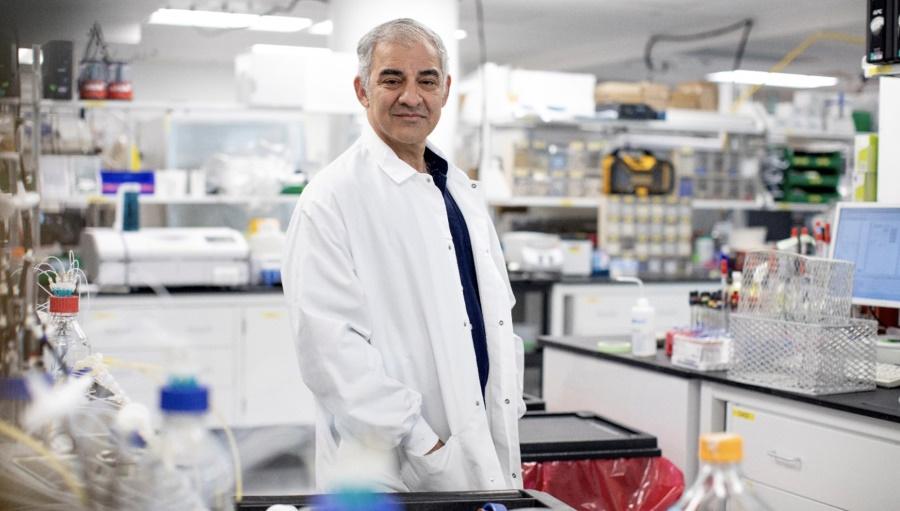Evelo hit by SINTAX error in atopic dermatitis trial

Simba Gill
Evelo Biosciences' lead drug candidate has failed a midstage trial in atopic dermatitis, wreaking havoc with its share price, but the biotech says it still plans to go ahead with a phase 3 programme in psoriasis.
Evelo's stock sank by almost a quarter in the wake of the announcement that its phase 2 trial of EDP1815 had failed to meet its primary objective in the first three dosing cohorts, which the company said was the result of an "unusually high" response rate in the placebo group.
The primary endpoint of the 405-subject study was a 50% reduction in Eczema Area and Severity Index (EASI-50) scores after 16 weeks' treatment.
Undeterred by the failure, the Cambridge, Massachusetts-based biotech said that its plan to start registration trials for EDP1815 in psoriasis later this year is unaffected by the outcome.
However, it swiftly announced sweeping job cuts to eke out its cash reserves while those studies get underway, remarking that the current financing environment remains "challenging". Almost half its current headcount are expected to lose their jobs.
The atopic dermatitis programme isn't being abandoned yet, according to chief executive Simba Gill, as data from a fourth cohort using a faster release formulation of the drug is due to read out in the second quarter. A decision on EDP1815's role in atopic dermatitis will be taken thereafter.
"We have recently completed interactions with the FDA, EMA, and MHRA around proposed phase 3 plans in psoriasis," he said. "As a reminder, EDP1815 was well-tolerated and demonstrated positive efficacy results in a phase 2 psoriasis clinical trial."
Evelo is targeting the orally-active drug at psoriasis patients with mild and moderate disease, for whom there are limited treatment options.
EDP1815 is leading Evelo's small intestinal axis or SINTAX programme, based on non-live single strains of microbes – which it calls monoclonal microbials – that are stable at room temperature and, according to the company, can modify inflammatory pathways in the body by reprogramming cells in the small intestine.
The reprogrammed cells interact with immune cells in the lymph nodes, such as T-cells and natural killer cells, and either reduce or boost inflammatory responses.
Gill had been due to step down as CEO of Evelo and return to his former role at venture capital group Flagship Pioneering – which helped to set up the company – but has said he will remain in the role for the time being.
Evelo said its cost-cutting measures will allow it to continue on its current cash reserves through the third quarter of this year.












